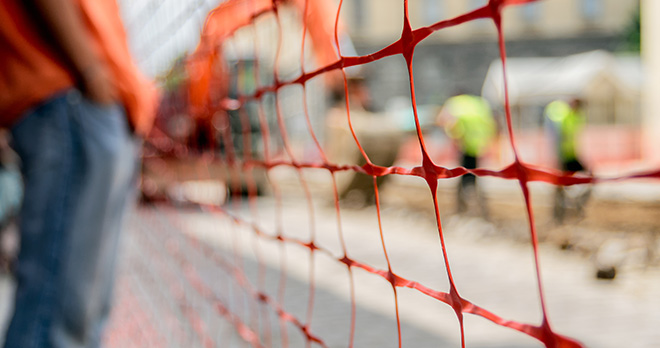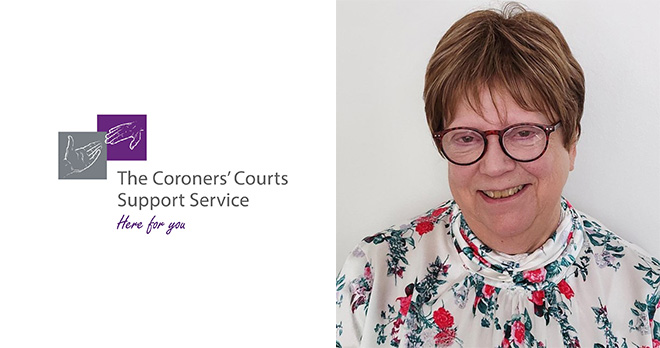Inquests: what happens after the inquest hearing?

What conclusions may the coroner reach?
The coroner may reach either a short form conclusion or a narrative conclusion as to how the deceased came by their death. Further information can be found in our blog on conclusions.
Short-form conclusions include: natural causes, industrial disease, stillbirth, alcohol, drug related, suicide, accident/misadventure, neglect, unlawful killing, lawful killing or an ‘open’ conclusion (which arises in the absence of evidence to prove another conclusion).
Whilst coroners are heavily encouraged to use short-form conclusions when they can, narrative conclusions are also used regularly. The coroner (or jury if there is one) may provide a narrative conclusion, allowing for a longer, more descriptive explanation of what they believe the main or important issues are. If there is a dispute about the facts, the narrative can include the jury or coroner’s decision on those facts, and any ‘failings’ which caused or contributed to the death should be recorded.
What happens after the inquest conclusion?
Once the coroner has given their conclusion, the coroner and jury (if there is one) completes the Record of the Inquest which provides the findings of the inquest and records a formal determination as to who the deceased was, where they died, when they died, the medical cause of death and how they died.
After the inquest, the coroner will send the registrar of deaths any details as required by them, and you will be able to request a copy of the final death certificate.
The coroner may also decide to write to any relevant authorities under his or her powers to take action to prevent other deaths if he or she has identified any organisational failings. This can be especially important for family and friends of the deceased, who want to see that lessons have been learned from their loved one’s death.
Can a claim be brought after the inquest?
If evidence heard during the inquest, or obtained as part of the wider investigation, indicates that there was a breach of duty which caused or contributed to the death, then you may be able to bring a claim for compensation.
If you wish to explore making a claim you should seek advice from a specialist solicitor, who will be able to advise on whether there are sufficient grounds for a claim to be pursued. If you have already instructed solicitors to act in relation to the inquest then they will be able to advise you on prospects for the claim.
Even if you have not instructed solicitors for the inquest hearing, or if there wasn’t an inquest at all, you could still be able to claim damages if the legal test is met. It is best to discuss this with a specialist lawyer as soon as you can, as there are strict time limits which apply to claims for damages. This is usually either 12 months or 3 years from the date of death, depending on the type of case but it is best to get legal advice on this at an early stage to protect your right to a claim.
Will anybody be prosecuted after the inquest?
Inquests are expressly not intended to determine blame, and the conclusion will not identify someone as having criminal or civil liability. However, where a death is found to have been caused by a criminal act, there should be a police investigation and the Crown Prosecution Service (CPS) or another prosecuting authority will decide whether there is enough evidence to press charges. If this is going to happen, it usually happens before an inquest takes place and, in such cases, the inquest process is normally put ‘on hold’ whilst the CPS concludes its investigation. However, if evidence or information comes to light during the inquest which might form the basis of a criminal prosecution, the CPS can be asked to reconsider their decision.
If evidence comes to light some time after a death that suggests the death was unnatural or the cause of death uncertain, can an inquest still be held?
Yes, if the coroner agrees there are reasonable grounds. The death certificate will be amended if new evidence arising at the inquest shows that the original cause of death was wrong.

Find out more about the inquest process
To help you understand it in more detail, our team have written an in-depth guide to the inquest process.
If you want to find out more about the process – from pre-inquest review to conclusion – as well as understand the terminology around the process, make sure to take a look at our guide via the link below.
Our specialist inquest team can help you through the process of an inquest. Please contact our enquiries team to find out more about how we can help.
Call now
More insights from our Inquests & Fatal claims team
View more articles related to Inquests and Fatal Claims






